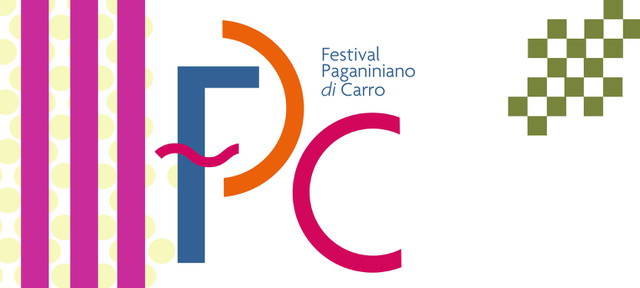The Open School and Critical Thinking – Paganini non Ripete 290
Is Education Still Relevant Today? From progressive fire to conservative frying pan: today’s school system passively transfers knowledge, leaving young people without the one tool that truly matters – critical thinking.
With the new national guidelines, Italian Minister Valditara claims to break away from the ideological historicism of the past decades, yet remains tied to the identity-based content of the past.
In the digital age, where learning opportunities abound, schools must chart a new course: no longer mere facts, but a method to shape conscious citizens capable of thinking, doubting, and making informed choices.
THE OPEN SCHOOL
DO WE STILL NEED SCHOOLS? In a world where knowledge is everywhere and accessible to everyone, the challenge is no longer acquiring information, but developing the ability to select, analyze, and transform it. Schools can no longer limit themselves to transferring knowledge about events or texts; they must prepare students to manage knowledge critically.
- A miraculous diet, a sensational news story, a politician promising earth-shattering reforms: how many of us can truly distinguish between what is based on facts and scientific evidence and what is mere manipulation or opinion?
- This is the challenge of our time: teaching people how to think, not what to think.
PAGANINI NON RIPETE 289: WELCOME TO THE AGE OF PERSONALIZATION
A DIGITAL WORLD, A NEW REQUIREMENT Today, young people learn faster on social media than in the classroom. Social platforms have become a primary space for learning and socialization, often surpassing family and school in influence.
Content on social media is often more engaging, immediate, and captivating than what teachers can deliver.
- But here lies the problem: social media does not teach people how to think, doubt, or critically evaluate.
- This is where schools must step in to fill the gap. Unfortunately, schools have been confined to transferring knowledge dictated by dominant ideologies, without fostering critical thinking for too long.
THE NATIONAL GUIDELINES: A MISSED OPPORTUNITY? With the arrival of Minister Valditara, many hoped for a reform centered on pedagogy and teaching, breaking away from years of bureaucratic and union stagnation. However, the new national guidelines, which are expected to become law in March, risk becoming another missed opportunity.
- Taking a conservative approach, the guidelines focus on identity-based knowledge while ignoring the ongoing societal transformations.
- The core issue – teaching critical thinking – remains unaddressed. Instead, the progressive, globalist and historicist ideology that dominated for nearly a century is simply replaced by its opposite.
WHY IS THIS IMPORTANT? Critical thinking does not guarantee absolute truths – these do not exist – but
- it enables us to distinguish facts from opinions,
- foster the exchange of diverse ideas,
- and make conscious choices in all areas of life.
CRITICAL THINKING is what allows us to decide what and how much to eat, how to dress, who to vote for, and whom to trust. It is the only antidote to the information chaos, emotional polarization, and conformism that dominate and stifle change.
THE ROLE OF SCHOOLS A modern school must teach students not just to memorize content, but to think, doubt, and critique. After all, this method has deep roots that have evolved:
- Dialectics, relativism, and reason (Pre-Socratics).
- The Socratic method (Socrates).
- Logic (Aristotle).
- Skepticism (Skeptics).
- The philosophy of doubt (Descartes).
- Empiricism (English and Scottish empiricists of the 17th century).
- American constitutionalism (Founding Fathers).
- Emphasis on reason (Enlightenment).
- Critique of reason (Kant).
- Moving beyond determinism and embracing probability (Quantum theory).
- Falsificationism (Popper).
- Autonomous learning (Montessori).
The journey does not stop here: new approaches will continue to emerge to address the needs of a changing world.
A CALL FOR AN OPEN SCHOOL In a liberal state, the Ministry of Education should not decide which knowledge to impart. Its role is to create the conditions to cultivate critical thinking:
- training teachers,
- innovating educational tools
- and encouraging the exchange of diverse methodologies.
Today, the closed school of progressives and conservatives, shaped by a static vision of knowledge, is destined to lose out to the allure of social media. This is not about undermining the sacred role of teachers but redirecting their efforts toward what social media cannot provide: shaping the method.
WHAT TO DO Minister Valditara has the chance to build a school system that forms conscious citizens capable of embracing diversity and adapting to epochal changes. Ignoring this need means perpetuating an educational system that does not contribute to building an Open Society.
- Schools must become laboratories of freedom, where citizens learn not what to think, but how to think.






